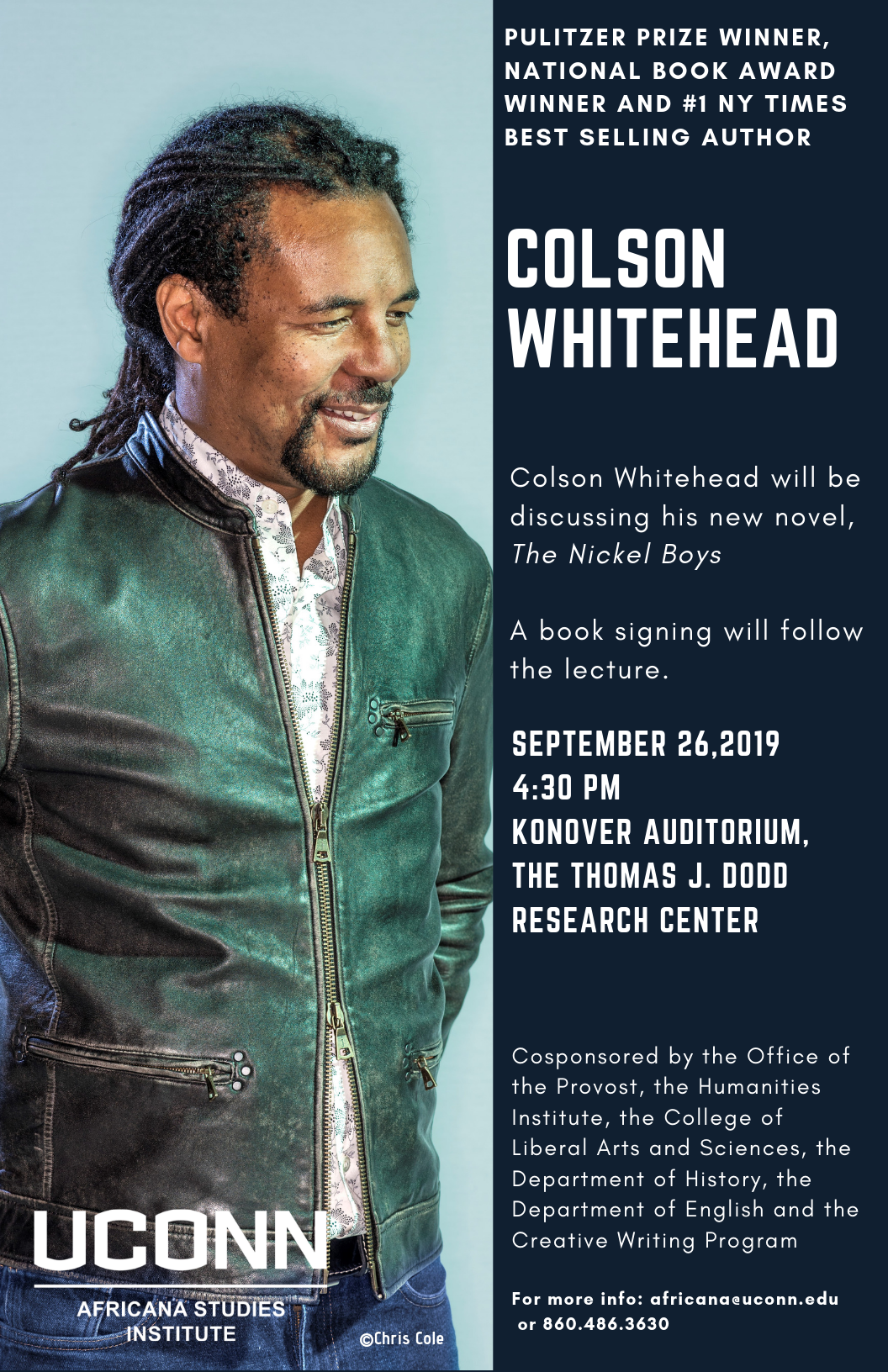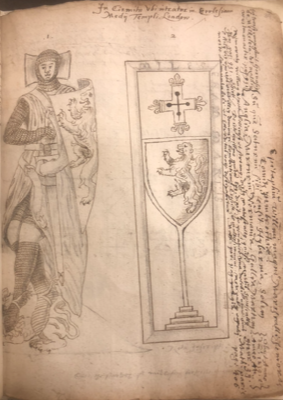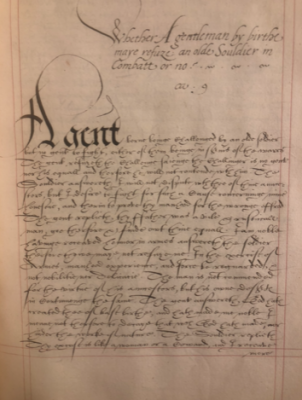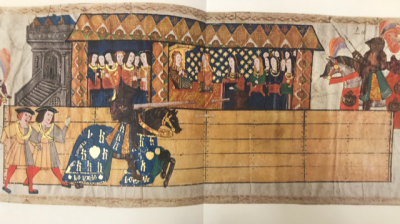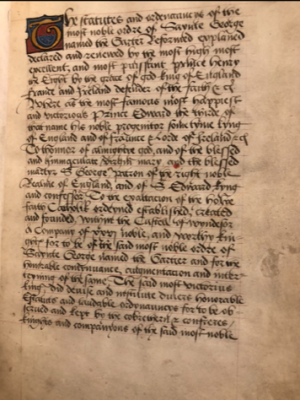Today’s Post is a Q&A with a new member of the EMSWG. Katie is a first year history PhD student who specializes in early modern Irish history.
1. Where are you from originally?
I am originally from a town called Evans, GA, it is just outside of Augusta, GA. For the
past seven years I have been living in Villa Rica, GA, just outside of Atlanta, GA.
2. Where else have you gone to school?
I started school at the University of Georgia but switched to Georgia Southern University
because it offered a degree in Hotel and Restaurant Management. I graduate from
Georgia Southern in 2011 and worked in the restaurant industry for several years before
coming back to school. I then went to Georgia State University for an undergraduate in
history and religious studies. After I graduated with my BA in history I continued at
Georgia State and earned my MA in Early Modern European History in December of
2018.
3. What are your research and/or teaching interests?
I love almost all early modern history but I specifically study early modern Irish, English
and Scottish history, especially in the colonial context. I am interested in identity
development and how cultures remain unified or how their development differs
depending on location, i.e. Irish communities in Ireland, the Caribbean and North
American colonies.
4. What are your current projects?
I am currently still doing course work but I hoping to continue my previous work on
identity development into the next 150 years following the period I focused on in my
master’s thesis. I am looking at 1650-1800 Ireland, Caribbean and North American Irish
communities and their similarities and differences. I am especially interested in how they
react to major events during that time period.
5. What sparked your interest in pursuing your current project?
I believe community identity development is very interesting and important to study
especially considering current events. With immigrant communities being spread
throughout the globe, I believe it is important to examine how these communities remain
connected to each other and how they differ so that we can help and support in
meaningful ways.
6. What scholarly intervention will your project be making, and why should it be a presence in
research today?
I think it will help with the current climate in the US and throughout the world because
we interact with refugee and immigrant communities on a daily basis and it is important
to understand that these communities have global connections and develop in very unique
ways because of these connections.
7. What are your other interests? (As a scholar or otherwise—everyday preoccupations, hobbies,
grand ambitions, etc.?) Do these other interests inform your research in some way and, if so,
how?
I love to study new languages, although I am terrible at speaking them. I do well reading
new languages so this is very helpful to my work and it has helped me expand my
horizons.
I am constantly reading and normally have multiple books, all of different styles and
genres, going at once.
I love teaching and have been teaching in some capacity for about ten years. This is
probably the most influential interest I have because it is what led me down this path
towards my doctorate. I love watching my students learn and I feel like I constantly learn
from my students. This give in take between teaching and learning influences my work
in multiple ways, most importantly it helps me broaden my views.
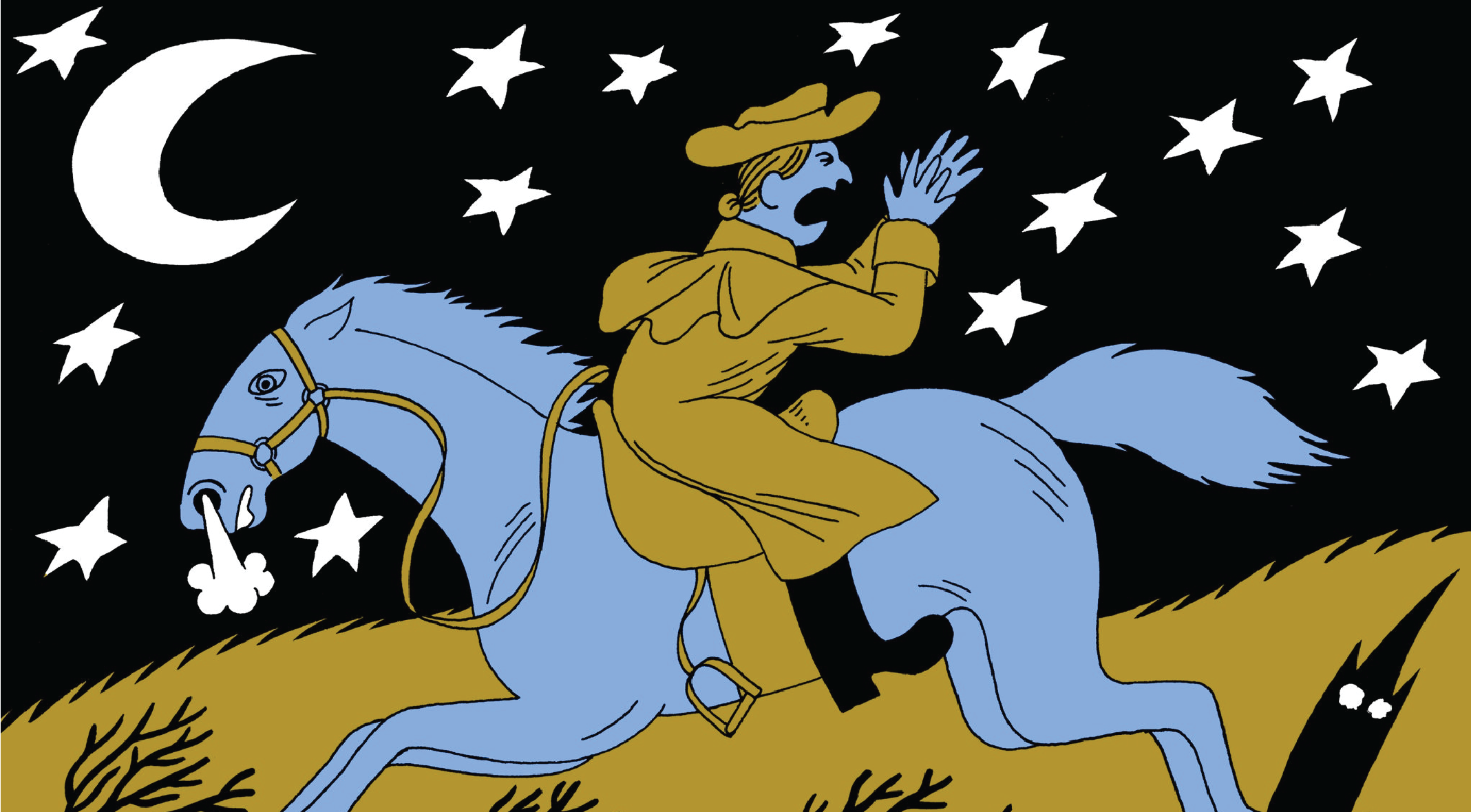
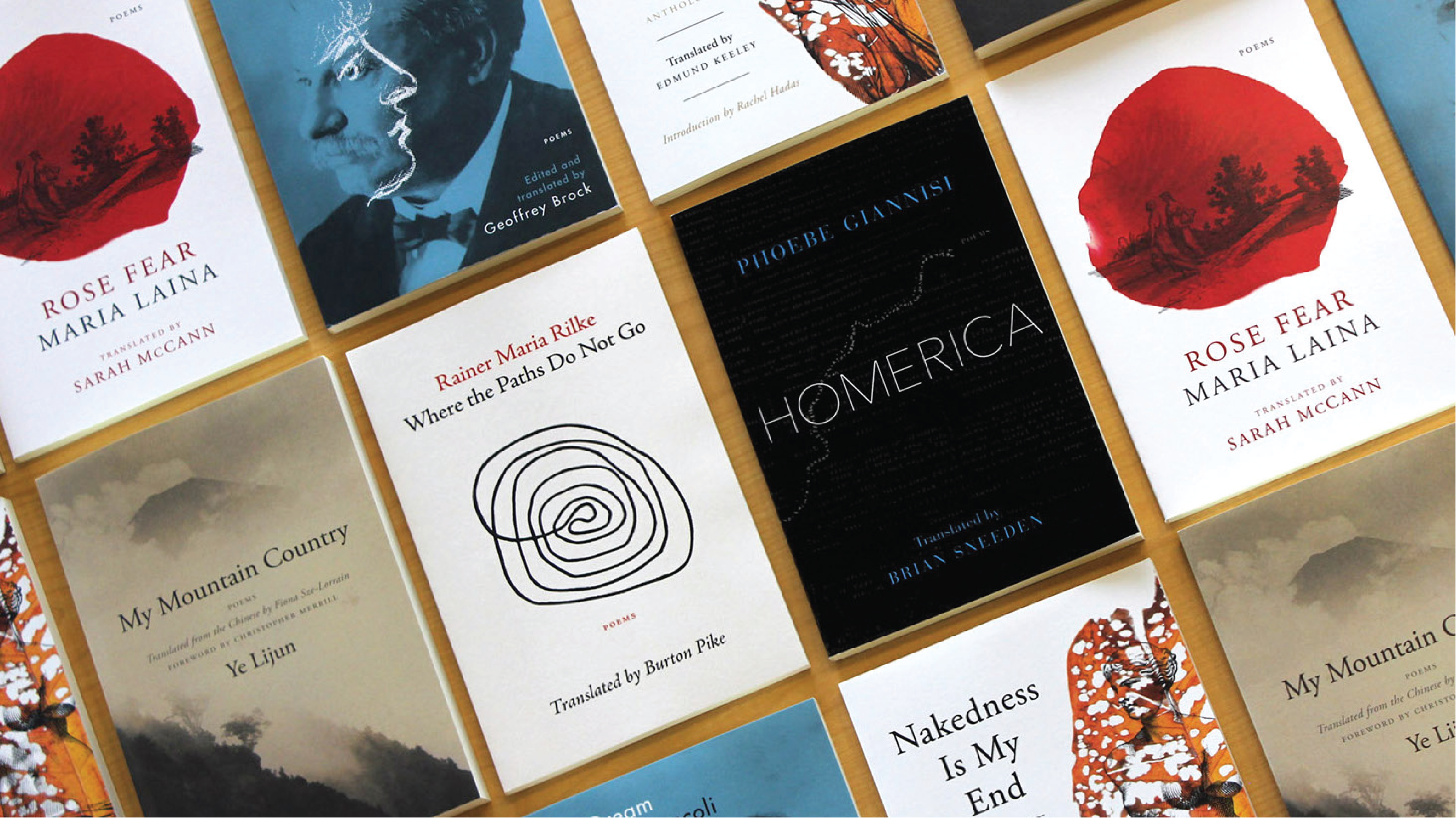
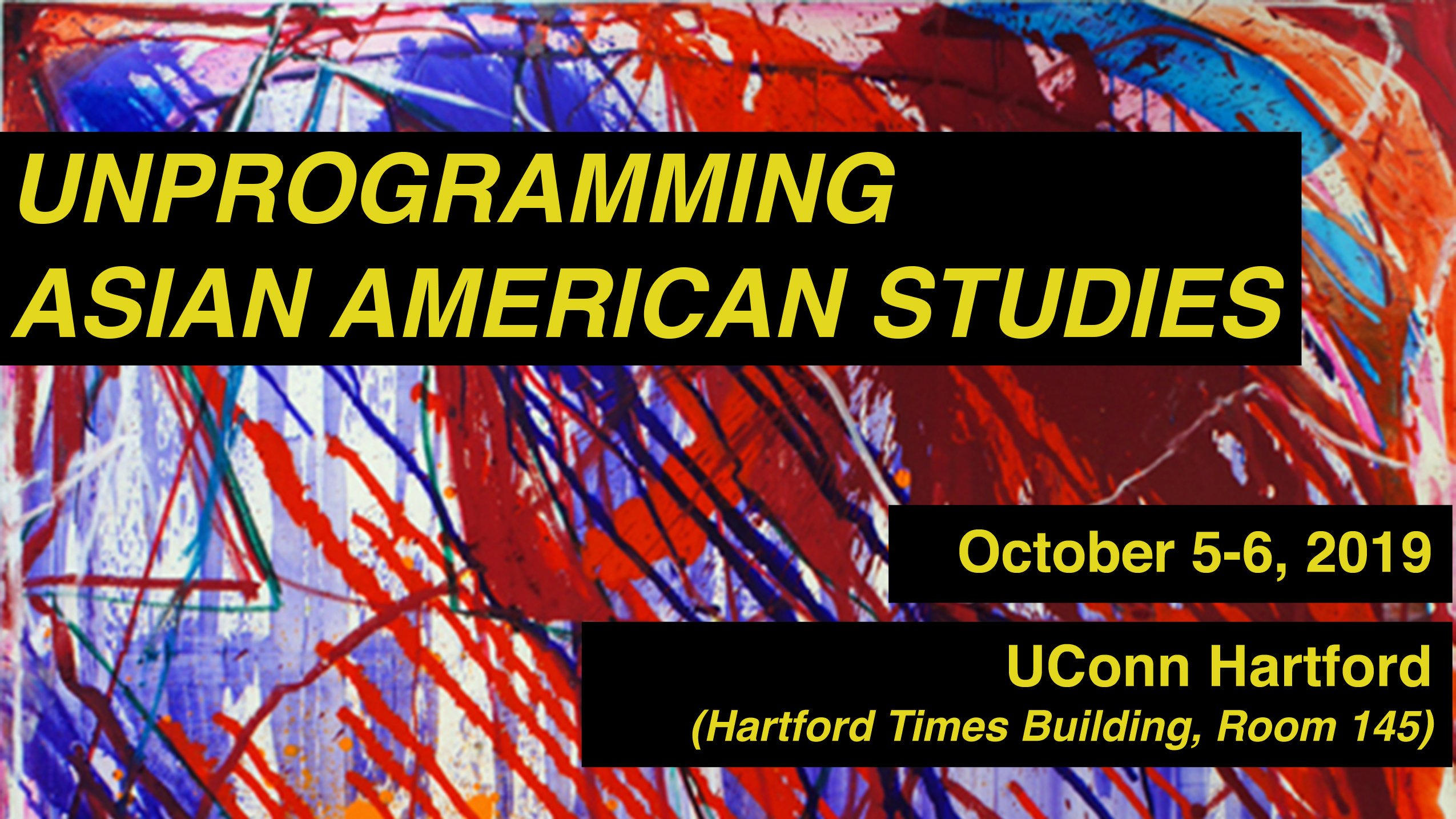
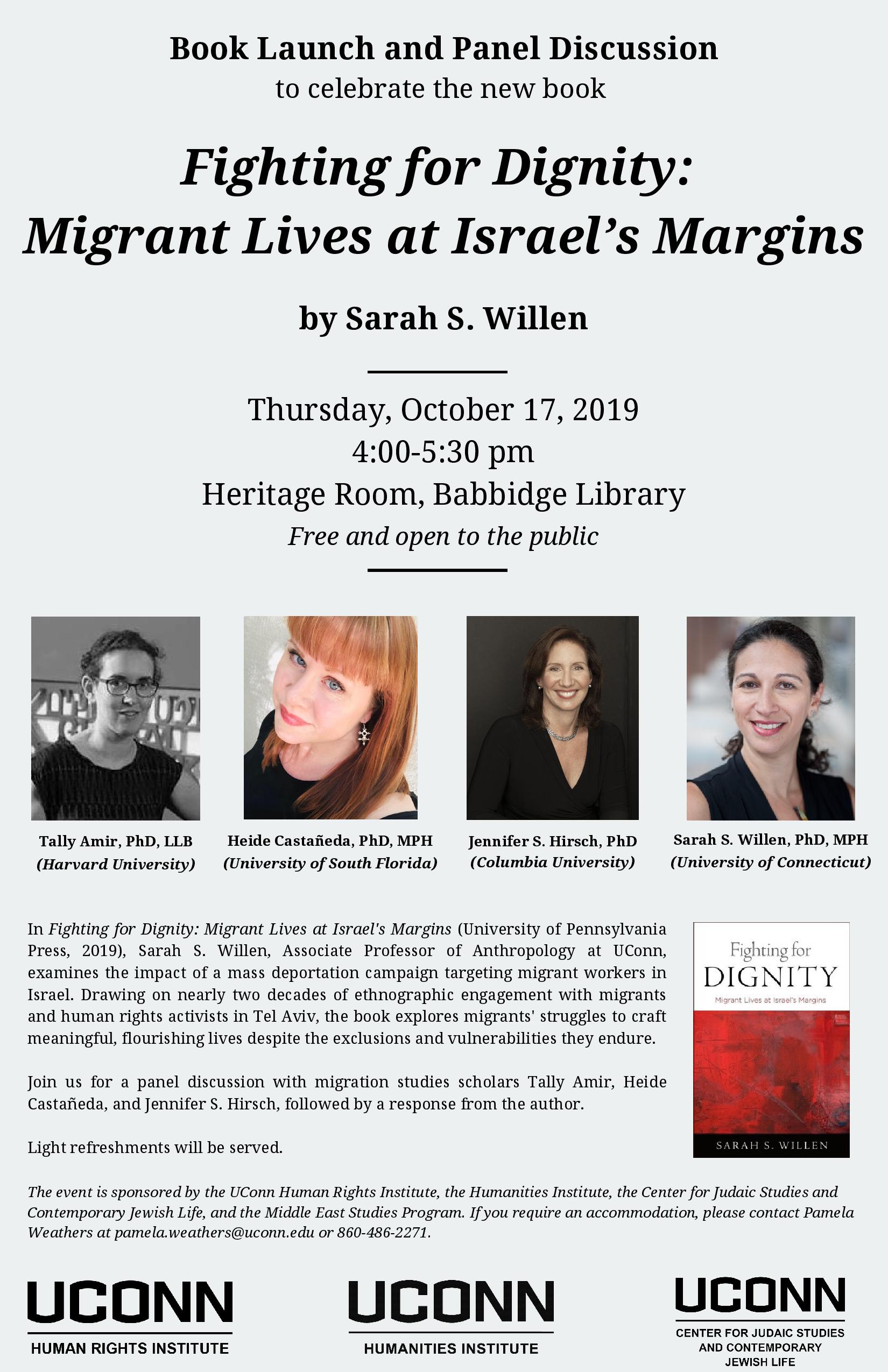
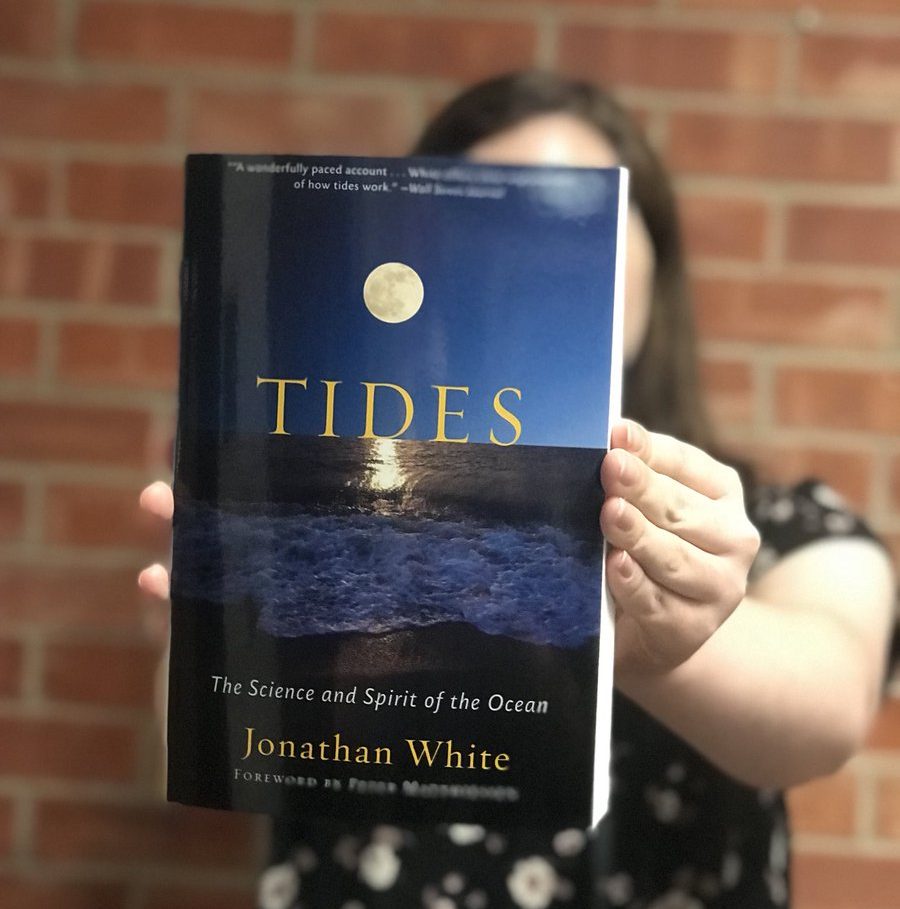 Whether it’s beach season, the fiftieth anniversary of the first moon landing, or our daily proximity in Connecticut to vast bodies of water in only partly predictable motion, there are plenty of reasons right now why you should read
Whether it’s beach season, the fiftieth anniversary of the first moon landing, or our daily proximity in Connecticut to vast bodies of water in only partly predictable motion, there are plenty of reasons right now why you should read 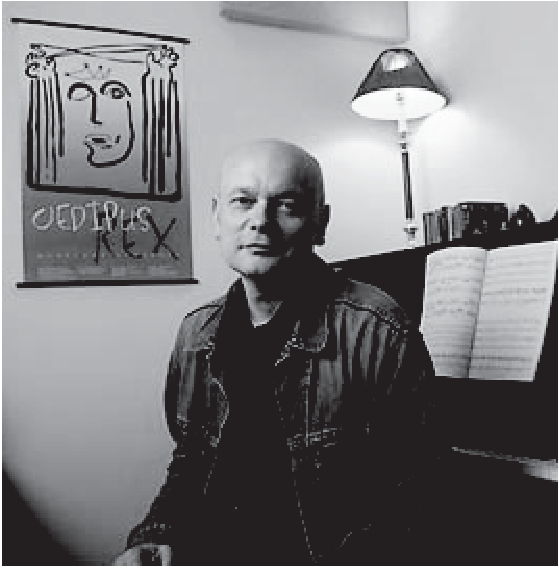 Who is Alain Frogley? Alain Frogley is a native of Great Britain and holds degrees from Oxford University and the University of California at Berkeley. He has taught at Oxford and Lancaster universities and in 1994 was appointed to the faculty of the University of Connecticut. He is a specialist in the music of the late-19th and 20th centuries, particularly that of Britain and America, but he has also worked on the cultural contexts of musical nationalism. His most recent work includes research into the reception of British music in Nazi Germany and racial Anglo-Saxonism in music. In 2005–2006 he was a fellow of the
Who is Alain Frogley? Alain Frogley is a native of Great Britain and holds degrees from Oxford University and the University of California at Berkeley. He has taught at Oxford and Lancaster universities and in 1994 was appointed to the faculty of the University of Connecticut. He is a specialist in the music of the late-19th and 20th centuries, particularly that of Britain and America, but he has also worked on the cultural contexts of musical nationalism. His most recent work includes research into the reception of British music in Nazi Germany and racial Anglo-Saxonism in music. In 2005–2006 he was a fellow of the 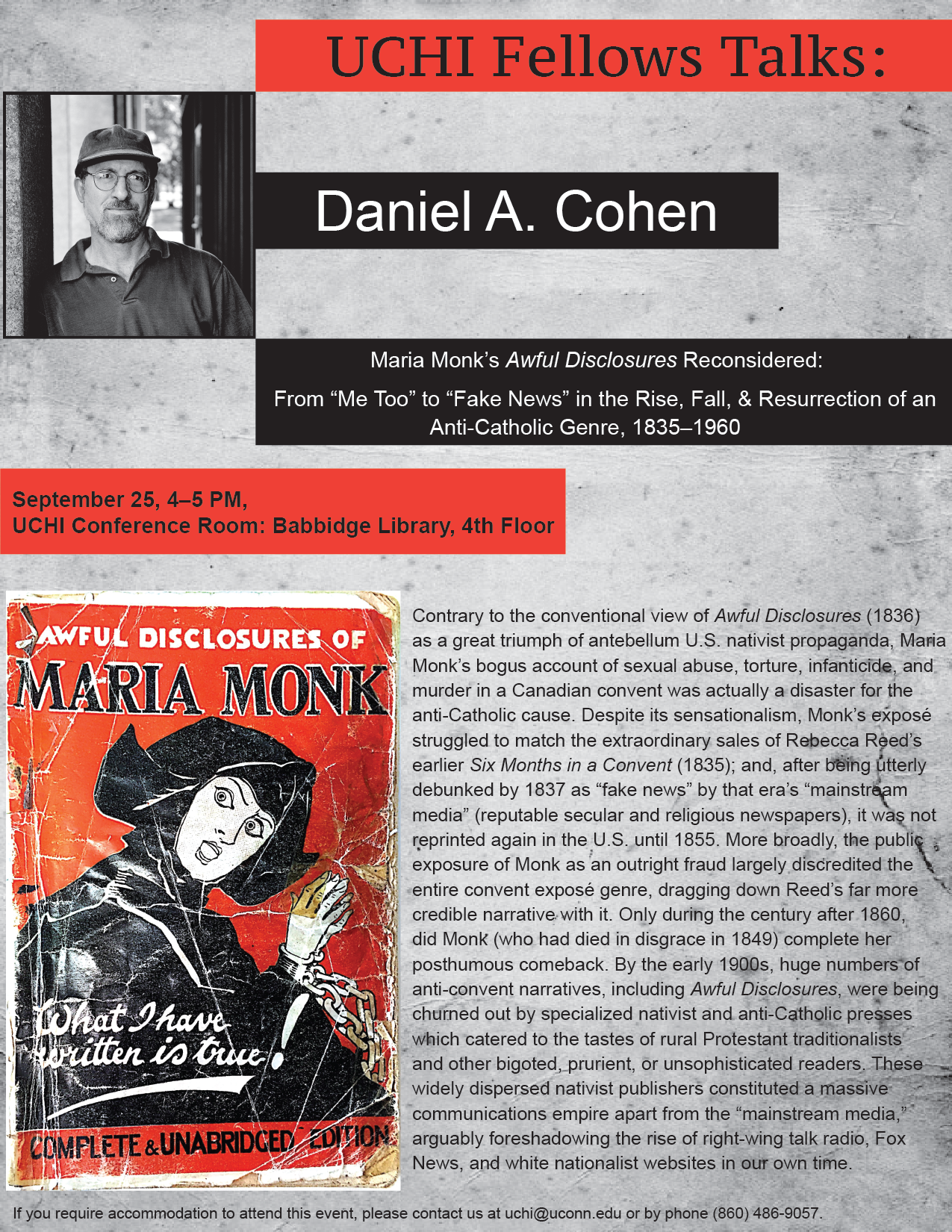
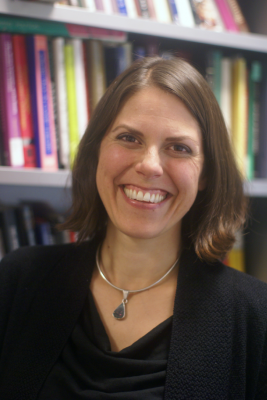 The
The 